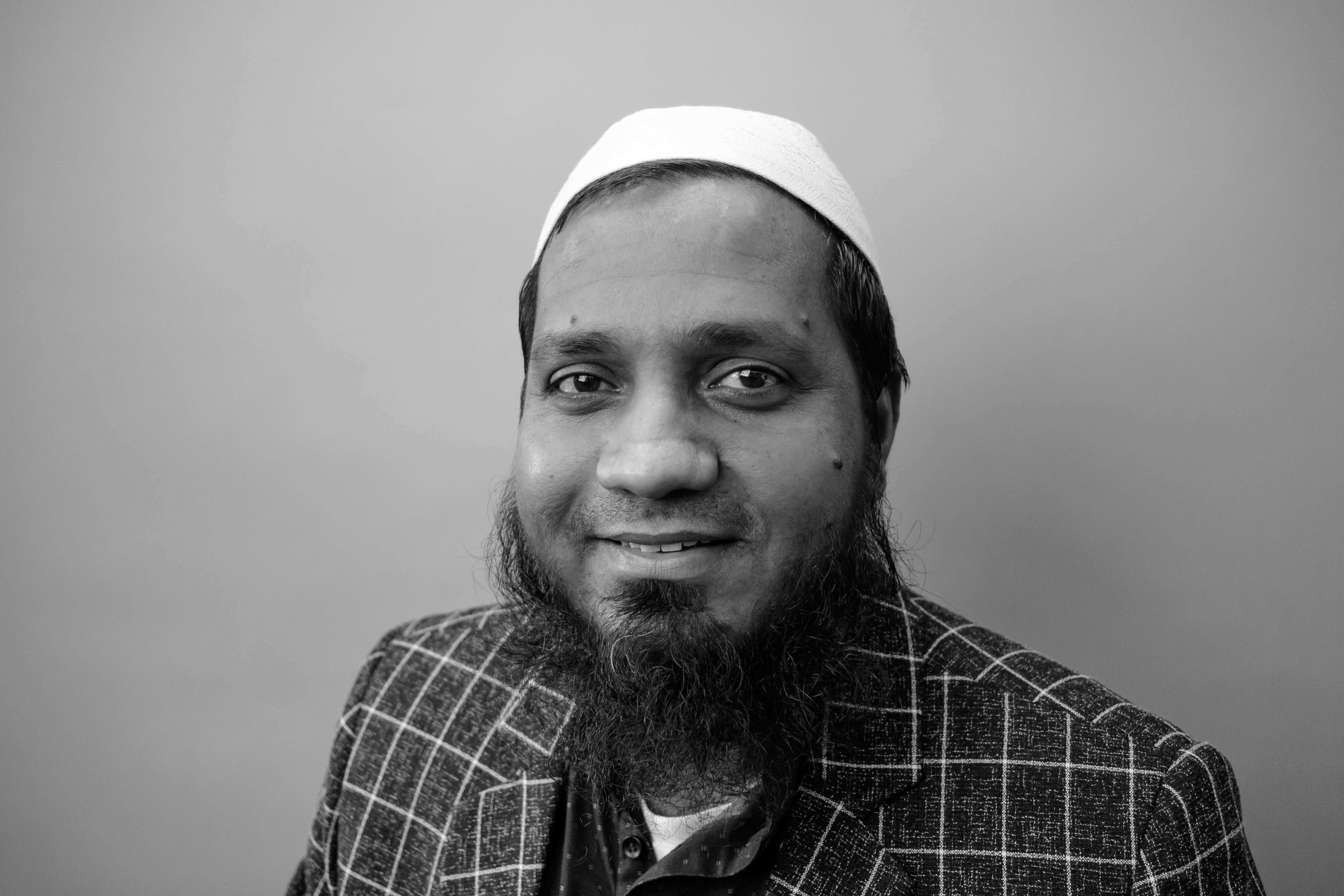
Faces of Innovation—a new GHTC project that features scientists on the front lines of research and development on new global health tools and technologies—profiles Dr. Mohammad Nuhu Amin, who we met at the American Society of Tropical Medicine and Hygiene Annual Conference. Dr. Amin researches sanitation and diarrheal diseases with support from the United States Agency for International Development.
My name: Nuhu Amin BDS, MPH, HSC
Where I work: International Centre for Diarrhoeal Disease Research in Bangladesh (icddr,b)
I’m funded by: US Agency for International Development
My research: My primary goal is to do interventions to reduce diarrhea and cholera in low- and middle-income countries, particularly in the urban communities of Dhaka. I’ve worked at icddr,b for the last ten years, and I’ve had the opportunity to work with lots of US universities. Currently I’m working with Stanford University with Professor of Medicine Dr. Stephen Luby on a Rohingya distribution impact assessment. I’m also working on another project with Emory University on a fecal pathogen exposure assessment. And our team is doing a different project with Emory University in collaboration with the University of Sydney to track the sanitation chain to detect pathogens, like norovirus, salmonella, shigella, and cholera, that cause diarrhea. We have previously also collaborated with Johns Hopkins University and we have lots of colleagues who work with Oregon University and other state universities in the United States.
Motivation: I am a medical graduate, and I’ve had lots of patients with different problems including diarrhea and other infectious diseases. Bangladesh is a tropical country, so infectious disease rates are really high. This motivates me to not only focus on treatment, but to do the research to remove and prevent these diseases.
Why US federal support is critical: USAID is one of our four core donors. They have been funding us for more than 50 years to support the research of our institute. I think the contribution of the US government is important for this research and development.
When I’m not in the lab: I’m also a dental surgeon, so I have a clinic. Every day, for two or three hours, I treat patients and particularly patients who are poor. Dental health treatment is expensive, so I aim to serve my patients at a low-price. I have two kids as well, so I spend my time with them—they’re very inspiring for me. In addition, I love to travel to different countries. This year I traveled to almost four countries including Swaziland, South Africa, and India. I love to meet with other people around the world—that’s my hobby.

